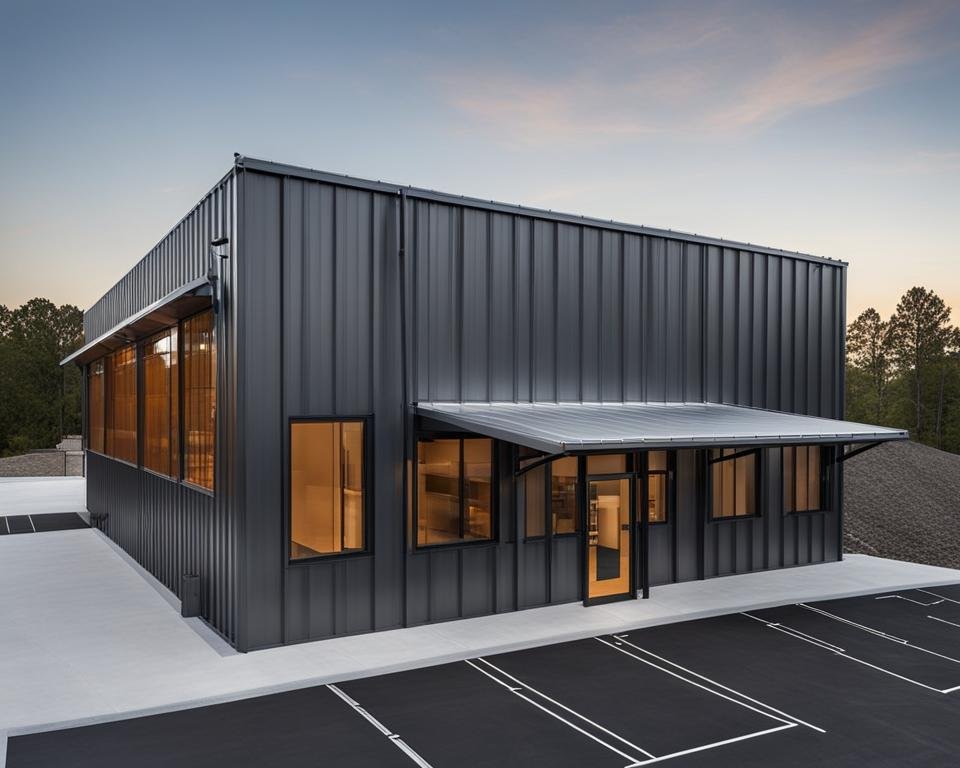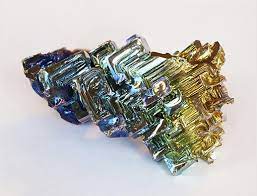Aluminium is a ubiquitous lightweight metal that finds an array of applications in different industries. From transportation to consumer electronics, aluminium is used in a myriad of ways, making it an indispensable part of our daily life. Its unique set of properties makes it a sought-after material in the manufacturing of myriad items. This article will explore the versatile uses of Aluminium, highlighting its importance in daily life and the numerous advantages it offers. Join us as we delve into the world of aluminium and uncover its uses in the modern world. Some of the most common uses of Aluminium in daily life include:
- Transportation
- Packaging
- Construction
- Electrical Wiring
- Consumer Electronics
- Food Industry
Aluminium in Transportation
Aluminium’s role in transportation cannot be overstated. The lightweight metal is used in cars, airplanes, trains, and bicycles, enhancing their performance while reducing their weight. Most car manufacturers use Aluminium in car bodies and engines, making cars fuel-efficient, agile, and safe. As for airplanes, Aluminium’s high strength-to-weight ratio makes it an ideal material choice for aircraft construction. It makes planes lighter, fuel-efficient, and easier to maintain, resulting in lower emission and operating costs.

The use of Aluminium in trains goes way back to the early 20th century. Currently, trains use Aluminium for their carriages, brakes, and electrical wiring systems. Aluminium makes the trains lightweight, energy-efficient, and reduces wear and tear caused by braking, ensuring their durability. The metal’s use in bicycles primarily focuses on the production of high-performance bike frames, making bikes stronger and lighter.
Aluminium in transportation has been made possible by its properties such as lightweight, high strength, and durability, which contribute to reducing carbon emissions and air pollution while improving fuel efficiency. This metal is undoubtedly a game-changer in the transportation industry, and its impact is being felt in the world at large.
Aluminium in Packaging
Aluminium is a widely used material for packaging due to its versatility, lightness, and resistance to corrosion. Aluminium foil is a popular choice for food packaging as it helps preserve freshness, flavor, and nutritional value. Moreover, Aluminium foil is an ideal barrier against oxygen, light, and moisture, ensuring food safety.
Another common use of Aluminium in packaging is in beverage cans. Aluminium cans are lightweight, easy to stack and transport, and highly recyclable. It takes 95% less energy to recycle Aluminium cans than to produce new ones, making them one of the most sustainable packaging options.

Aluminium has revolutionized the packaging industry by providing effective, sustainable, and practical solutions. The use of Aluminium in packaging will continue to grow due to its many advantages.
Aluminium in Construction
Aluminium is widely used in the construction industry for its exceptional characteristics. Its strength, durability, and resistance to corrosion make it an ideal material for constructing building components that can withstand harsh environmental conditions and extreme temperature changes.
Aluminium Windows and Doors
Aluminium is a popular choice for doors and windows due to its lightweight and rust-resistant properties. Aluminium frames provide stability and longevity while allowing for a variety of design options. They require minimal maintenance, making them an efficient and cost-effective solution for high-quality windows and doors.
Aluminium Roofing
Aluminium roofing is a durable and lightweight solution for buildings with low or flat roofs. It is easy to install and maintain, making it a popular choice for commercial and residential buildings.

Aluminium Façades
Aluminium is also commonly used in the construction of building facades. It can be easily shaped and formed into intricate designs, providing architects with immense creative freedom. Aluminium is long-lasting, requires minimal maintenance, and can withstand the wear and tear of daily weather.
Aluminium Building Materials
Aluminium construction materials include cladding, space frames, and composite panels. These materials are lightweight, versatile, and resistant to corrosion. They are easy to work with and can be molded to fit specific design requirements. Aluminium composites provide remarkable strength while preventing structural deformation and reducing weight loads.
Overall, using Aluminium in construction provides a multitude of benefits and is becoming an industry standard.
Aluminium in Electrical Wiring
Aluminium has been used in electrical wiring for several decades. It was once a common material because of its low cost and high conductivity. However, there have been concerns about the safety of Aluminium wiring due to the possibility of fire hazards.
The good news is that as technology has improved, so have the safety precautions taken with Aluminium wiring. For example, the use of specialized connectors has made it possible to prevent the oxidation that can cause shorts and fires.
Today, Aluminium conductors are widely used in electrical systems. These conductors are lightweight, making them easier to handle during installation. They are also cost-effective, which means that they are often the preferred choice for large projects that require long runs of wiring.
Additionally, the use of Aluminium in electrical wiring is environmentally friendly. This is because large amounts of copper are often required in conventional wiring. By using Aluminium, wire manufacturers can reduce the amount of copper needed, thus conserving natural resources.

Overall, the advantages of using Aluminium in electrical wiring systems are clear. From its cost-effectiveness to its environmental friendliness, Aluminium conductors are a great choice for many electrical applications.
Aluminium in Consumer Electronics
Consumer electronics have become an integral part of our lives, and Aluminium is significantly contributing to the sleek and high-tech designs of these devices. Aluminium cases and frames provide lightweight, durable, and stylish enclosures for our smartphones, laptops, and tablets.

One significant advantage of using Aluminium in consumer electronics is its low density, which allows it to dissipate heat quickly, preventing the device from overheating. Aluminium frames also offer excellent structural support, ensuring that devices remain sturdy and well-protected from accidental drops or impact.
Moreover, Aluminium’s versatility in the electronics industry adds aesthetic value to the device’s design, making it more appealing to consumers who seek style and functionality. From brushed finishes to anodized coatings, Aluminium provides a wide range of color options, enhancing the device’s appearance.
As manufacturers continue to innovate and release new products, Aluminium will undoubtedly remain a crucial component in the design and production of consumer electronics.
Aluminium in Food Industry
Aluminium is widely used in the food industry, particularly in cookware. It is a popular choice due to its excellent heat conductivity and non-reactive properties. Aluminium cookware is lightweight and easy to handle, making it a preferred choice for everyday cooking needs.
However, concerns have been raised about the potential for Aluminium to leach into food when heated or cooked with acidic ingredients. This has led to the development of coated or anodized Aluminium cookware solutions that prevent leaching and offer safer alternatives.
Despite the concerns, Aluminium cookware remains a staple in many kitchens worldwide, and the food industry continues to use Aluminium extensively in other areas. For example, Aluminium is commonly used in the production of food packaging materials, such as Aluminium foil, which helps preserve food freshness and safety.
Overall, Aluminium plays a crucial role in the food industry, providing reliable and efficient solutions for various cooking and packaging needs. Its versatility and durability make it a valuable resource for everyday use, with continuous innovation and development ensuring its safe usage in various applications.




